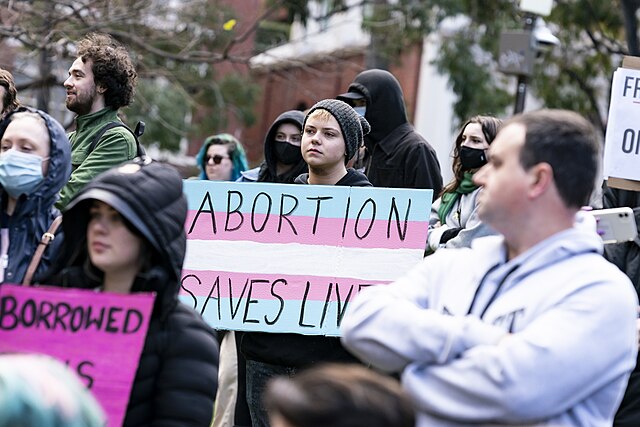President Donald Trump’s nomination of United States Federal Judge Amy Coney Barrett for the Supreme Court caused controversy as her Senate hearings are set to begin Oct. 12. The country remains polarized over giving a possible lame-duck president the power to seat another judge, but the view of the University of Maryland, Baltimore Country’s College Republicans on the Barett’s nomination differs from the typical partisan politics.
Despite their name, the UMBC College Republicans are, according to senior biochemistry major and College Republican President Isaac Abiye, dedicated to fostering civil debate and discussion regardless of party affiliation.
“We are trying to keep UMBC students unified and genuinely want all voices to be heard,” he said.
Both junior biology and political science double major Abiye Agyekum and junior biology and political science major Ricky Agyekum identify as independents or centrists, rather than Republican, and favor a thorough understanding of topics before decision-making in order to eliminate partisan-line voting.
Abiye and Agyekum both agree that, overall, the selection and hearing process is evidence of a dirty game of politics being played on both sides.
“I don’t like that [Republicans] are forcing a hearing, especially because of the filibuster of Obama’s appointee in 2016. Politics is full of shenanigans that are not fair or sportsmanlike,” said Abiye.
“[Mitch] McConnell is doing what is best for his party, and he thinks that if Barrett gets pushed through it will excite voters about the GOP,” said Agyekum.
Although Agyekum personally believes that Barrett is a good nominee, the controversy arises over whether the ends (Barrett’s confirmation) justify the means (polarizing, hypocritical politics).
On the topic of even having a Supreme Court nominee hearing so close to a presidential election, regardless of the candidate, a similar pattern of governmental hypocrisy is observed by Abiye and Agyekum.
“For the sake of democracy, Trump shouldn’t [have the nominee]. If he wins, he gets to pick; if he loses, then it passes to the next president,” said Agyekum. “If Barrett is confirmed, then Trump will have chosen three out [of] nine justices; he impacts the future even if he loses because his nominees will probably continue for the next 60 years.”
Abiye acknowledged that even the most ardent supporters of Barrett know that politics is a game, with tribalism driving most political issues. He believes that Barrett will be confirmed, while the president will lose the election. He predicts that a majority-Democrat government will eliminate the filibuster (the Senate’s ability to delay debate on a discussion) — which allowed Republicans to block President Obama’s nominee choice for the Court in 2016 — but a permanent scar will remain over the Senate Judiciary Committee.
In response to the parallel growth of U.S. polarization and Court politicization, Abiye and Agykeum identified a positive feedback loop, rather than a cause-effect relationship. Polarization feeds politicization and politicization feeds polarization in an endless cycle. Likewise, they believe that the court should be seen as being on a spectrum of traditionalist to progressive, rather than conservative to liberal, in order to lessen the Court’s resemblance to outside partisan politics.
According to Abiye and Agykeum, then, the Court is not as polarized now as it appears to be. However, Barrett ‘s possible confirmation is likely to shift it right, especially on issues regarding constitutional interpretation (Barrett is a textualist), religious rights and “money speech” (regarding the First Amendment right of Super Political Action Committees to donate large sums of money to political candidates).
Although Barrett has stated that she will respect and uphold Court precedent, there are doubts regarding her upholding certain historic cases.
“She will likely repeal Roe v. Wade, which is the biggest catalyst of the court’s politicization,” said Abiye. “Trump’s decision to choose her was likely motivated by Barrett’s relation to the case.”
When faced with the hypothetical scenario of possibly instituting term limits for Court justices, Ageykum argued that maintaining some form of consistency is important in a democracy, so the Court should remain as it is. However, he does believe that instituting term limits for Congressmen might be more beneficial and reflective of the people. Abiye explained that having the same senators making laws for decades is not representative of changing populations.
Despite differing opinions through College Republicans on Barrett’s nomination and hearings, the club is united over their goal to increase participation in the political process by helping students become informed voters, regardless of party preference.
“We want as many people as possible to be politically involved, make their own decisions, and have access to voter registration,” said Abiye.
Written by Polina Kassir (p73@umbc.edu)


